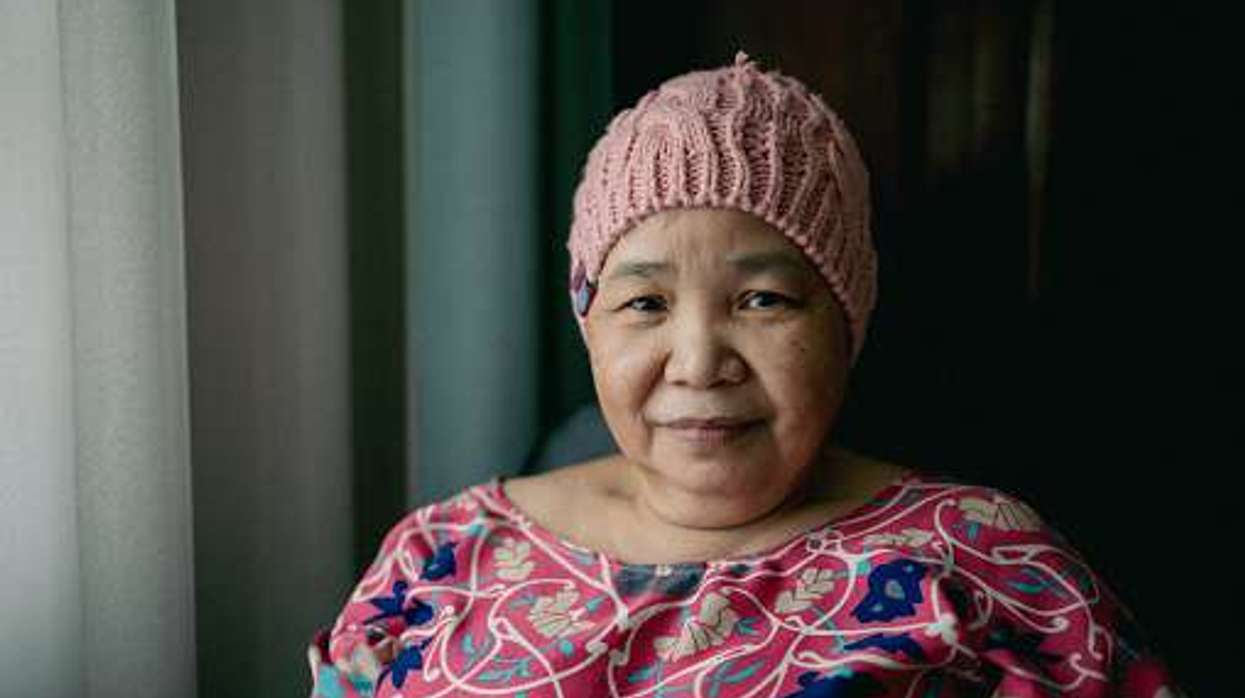Researchers have warned for a possibility of a sharp rise in antimicrobial resistance linked with Covid-19 treatment in the aftermath of the novel coronavirus pandemic.
A team of researchers from Queen’s University Belfast have noted the dramatic impact of co-infections in Covid-19 patients and urged caution over a new wave of antimicrobial resistance.
In their paper, published in EMBO Molecular Medicine, microbiologists Professor José Bengoechea and Dr Connor Bamford from the Wellcome-Wolfson Institute for Experimental Medicine at Queen’s said: “Covid-19 is yet a new disease that has drastically changed our lifestyle. As we know more of the disease and the frontline treatments used, new issues arise.”
In their paper, the researchers discuss how Covid-19 patients are at risk of developing severe bacterial infections.
The researchers suggest potentially fatal bacterial respiratory infections may arise subsequently or co-incidentally from hospital stays and therapies given to treat patients with Covid-19.
“Co-existing bacterial infection alongside the virus may worsen the clinical outcome and the severity of Covid-19 in a patient, increasing the risk of death. Clinical data as well as postmortem analysis of tissues from Covid-19 patients already indicate the presence of bacterial co-infections in Covid-19 patients,” the research paper has cautioned.
The study also suggests the likeliness of the gut microbiota being disrupted in severe Covid-19 patients, which may affect disease outcomes, including predisposition to secondary bacterial infections of the lung.
José Bengoechea, Professor of Molecular Microbiology and Director of Wellcome Wolfson Institute for Experimental Medicine at Queen’s University, said: “The lack of therapies to treat severe Covid-19 patients led clinicians to use a number of treatments to modify the activity of their immune system.
“However, it is important to note that these interventions may also increase the risk of potentially fatal secondary bacterial respiratory infections. Therefore, careful consideration should be given whether any potential new therapy may affect the patients’ defenses against bacterial infections. We believe that there is an urgent need to develop new therapeutics to treat Covid-19 targeting the virus/bacteria co-infection scenario.”
The research also raises concerns of the impact of Covid-19 on antimicrobial resistance (AMR) globally. Nearly all severe Covid-19 patients are being treated with broad-spectrum antibiotics, which not only may have limited results, but are also associated with higher mortality.
Dr Bamford said: “We are still in the early days of the Covid-19 pandemic and are learning more about this virus and disease every day. One of the most worrying aspects emerging is the association with bacterial and other microbial co-infections in the sickest patients.
“Our research suggests that bacterial infection alongside the virus is likely to make the Covid-19 worse, although we don’t yet know the true extent. The rise of antimicrobial resistance in bacteria means this situation is harder to treat. It is clear that we will need new drugs that take into consideration both the virus and the bacteria.”











